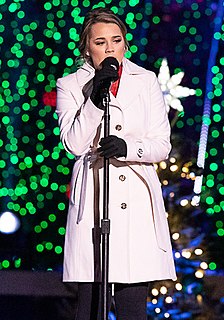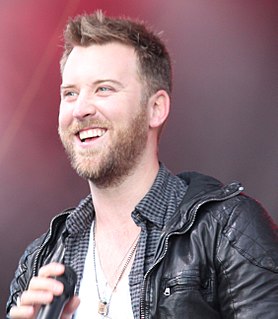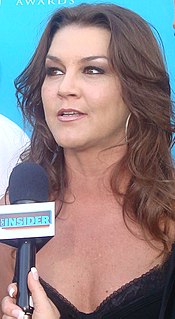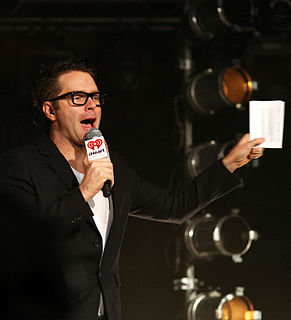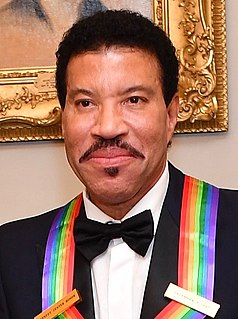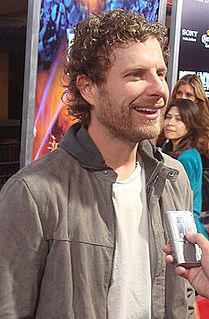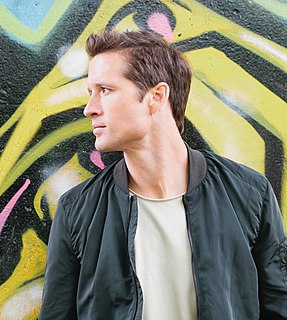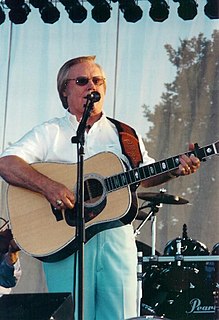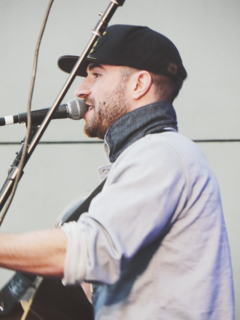A Quote by Gabby Barrett
A few people have asked me about the women agenda on country radio. I can only speak for myself on this, and all I have to say is that I'm very grateful, and thankful, that country radio has been so automatically accepting, and supportive, of me and my music.
Related Quotes
I wrote 'Turn Your Radio On' in 1937, and it was published in 1938. At this time radio was relatively new to the rural people, especially gospel music programs. I had become alert to the necessity of creating song titles, themes, and plots, and frequently people would call me and say, 'Turn your radio on, Albert, they're singing one of your songs on such-and-such a station.' It finally dawned on me to use their quote, 'Turn your radio on,' as a theme for a religious originated song, and this was the beginning of 'Turn Your Radio On' as we know it.
I feel my job as an artist is to drive people to country radio. That's my job as a country artist. So these streaming places, especially these on-demand streaming places, where you can just push a button and hear it as many times as you want, like YouTube, any of that stuff, that's taking all the ears away from country radio.
Country music has been empowering to women. Women invented it - it was women singing to their children that built country music. The people making country music today might not even know that it all started with a midwife. But it's true, it really did. That's where Michael learned to shake it the way he did. It wasn't from old Papa Jackson, I'll tell you that.
